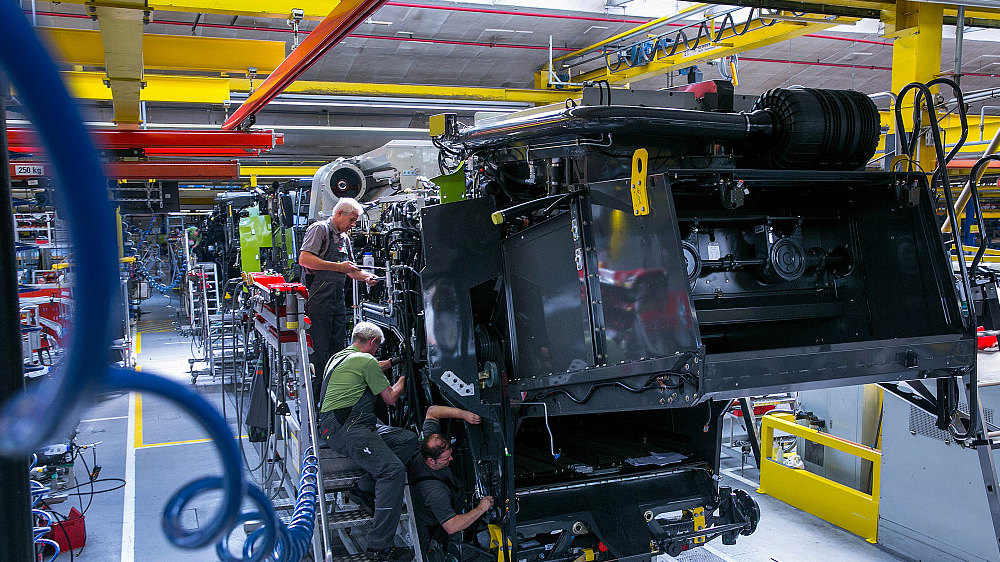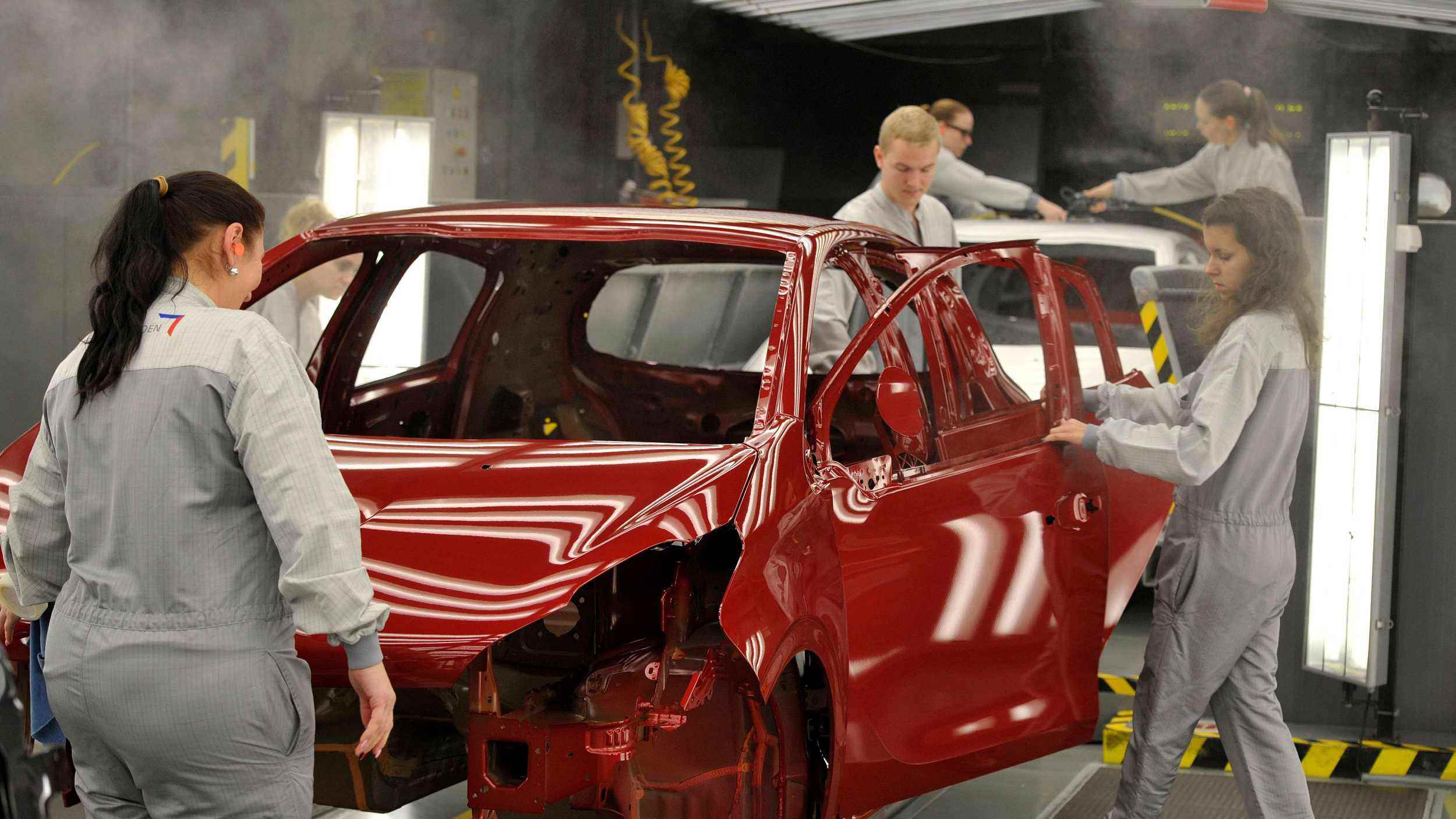
Economy
12:57, 22-Feb-2019
Eurozone February factory activity declined, overall growth scant
CGTN

Eurozone factory output unexpectedly slammed into reverse last month as activity in Europe’s manufacturing powerhouse Germany declined again amid trade tensions and struggles in the auto sector, surveys showed.
While that downturn was offset by a much faster than expected acceleration in services activity - which meant overall private sector growth picked up modestly - it will likely worry policymakers as factories also drive the bloc's dominant service industry.
IHS Markit's Flash Composite Purchasing Managers' Index, which is seen as a good guide to economic health, rose to 51.4 this month from a final January reading of 51.0, above a Reuters poll median expectation for 51.1 but still below where it has been for much of the past four years.
"The eurozone economy remained close to stagnation in February. The general picture remained one of a more subdued business environment than seen throughout much of last year," said Chris Williamson, IHS Markit's chief business economist.
Williamson said the results pointed to first-quarter eurozone growth of just 0.1 percent, below the latest Reuters poll estimate for 0.4 percent. They come soon after the European Central Bank ended its more than 2.6 trillion euro asset-purchase stimulus program.

Reuters Photo
Reuters Photo
The flash manufacturing PMI tumbled to 49.2 this month, its lowest since mid-2013 and substantially below the 50-mark that separates growth from contraction.
An index measuring output, which feeds into a composite PMI, dropped to 49.2 from 50.5, its lowest reading since May 2013. In a further sign of how manufacturers are struggling, the new orders index fell to a near six-year low of 46.2 from 47.8.
Germany's vast manufacturing sector contracted for a second month, only weeks before Britain, Europe's second-largest economy, is due to leave the European Union and as uncertainty around the U.S.-China trade friction continued and new pollution standards are still affecting car makers.
"The weakness is being led by manufacturing. With factory order books deteriorating at an increased rate, the rate of contraction in the goods-producing sector will likely worsen in coming months," Williamson said.
In contrast, demand for services across the currency union picked up and firms were able to build up a backlog of work, so a PMI for the services industry jumped to 52.3 from 51.2, above a Reuters poll consensus for 51.4.
That helped optimism rise, with the business expectations index bouncing to a four-month high of 61.6 from 60.5 and firms taking on new workers at a faster rate.
Yet with overall demand falling and backlogs diminishing firms had to curtail by how much they raised prices. The output prices index fell to an 18-month low of 52.5 from 53.4.
With January inflation across the bloc expected to be confirmed at 1.4 percent when official figures are released on Friday, well below the ECB's two percent target ceiling, a decline in inflationary pressure will also concern ECB policymakers.
Source(s): Reuters

SITEMAP
Copyright © 2018 CGTN. Beijing ICP prepared NO.16065310-3
Copyright © 2018 CGTN. Beijing ICP prepared NO.16065310-3